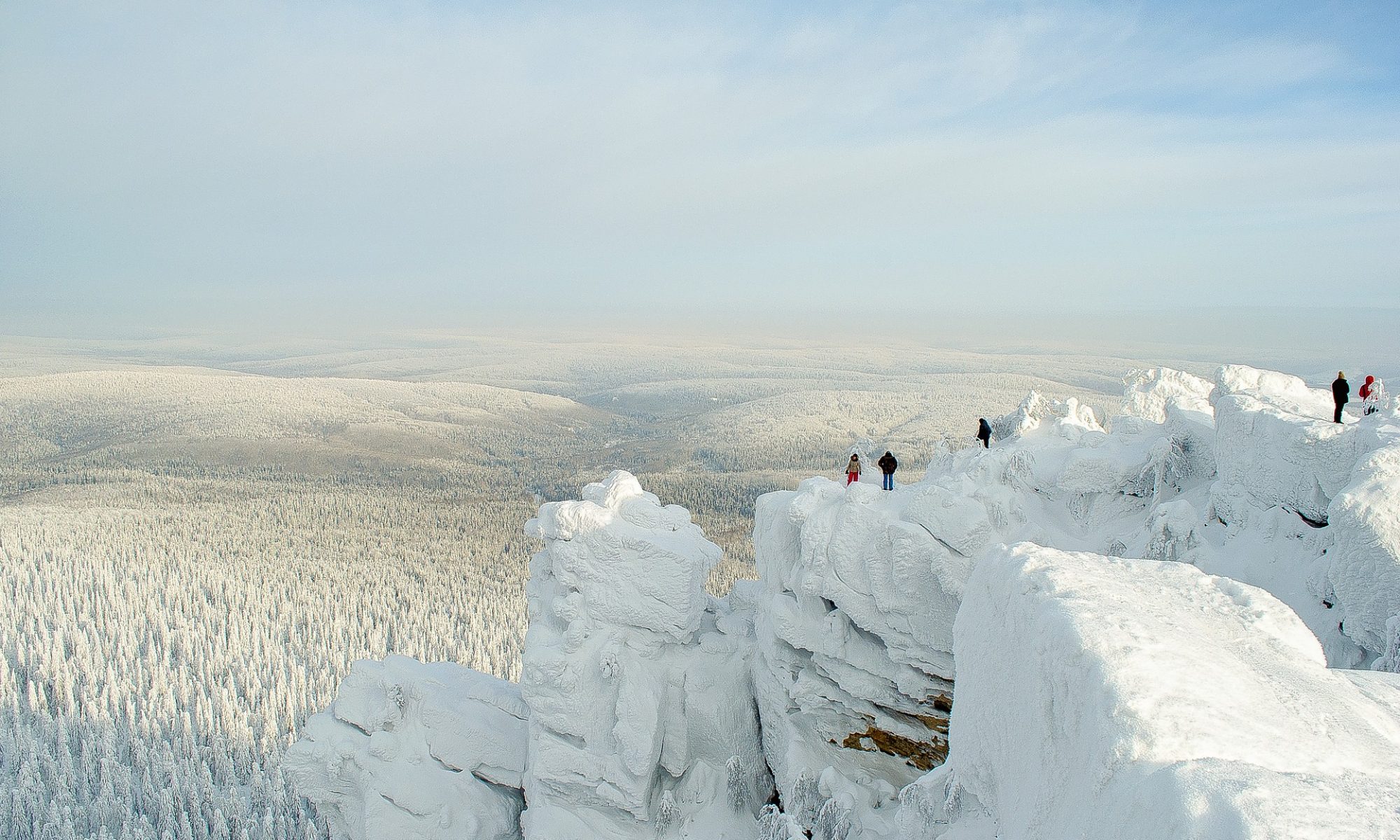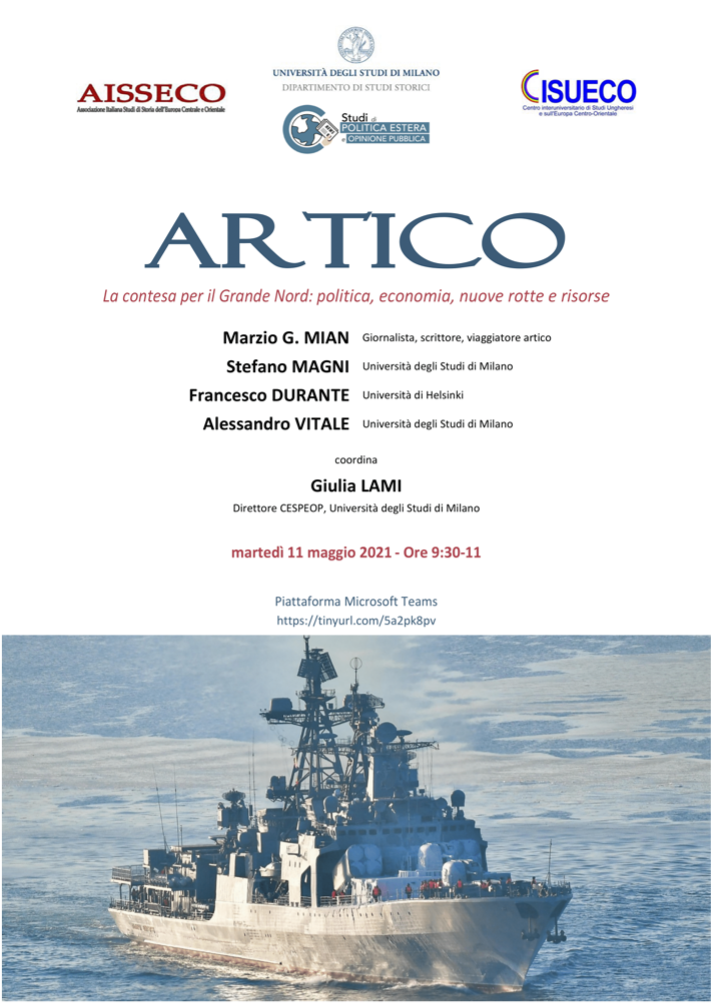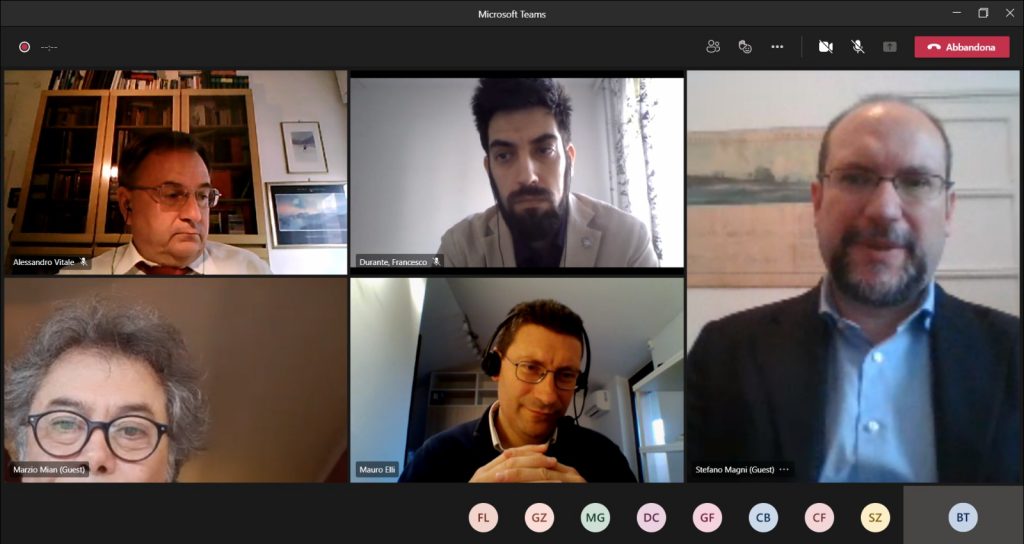
“Our Extractive Age Expressions of Violence and Resistance”, edited by Judith Shapiro and John-Andrew McNeish is now published.
The book emphasizes how the spectrum of violence associated with natural resource extraction permeates contemporary collective life. It records the increasing rates of brutal suppression of local environmental and labor activists in rural and urban sites of extraction and recognizes related violence in areas we might not expect. Contributors argue that extractive violence—visible, symbolic, and structural—is not an accident or side effect, but rather it is a core logic of the 21st century planetary experience. This book also explores how much of the new violence of extraction has become cloaked in the discourse of “green development,” “green building,” and “green technologies,” which often depend on the continuance of social exploitation and the contaminating practices of non-renewable extraction. The volume also presents that resistance is as multi-scalar and heterogeneous as the violence it inspires.
In this volume, our Doctoral student Francesco Durante co-authored the opening chapter titled “Extraction and Extractivisms Definitions and Concepts”. The book is available in Open Access.


